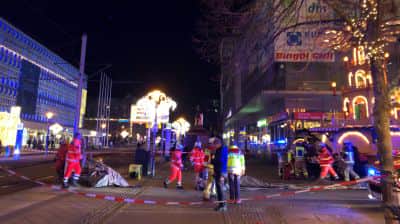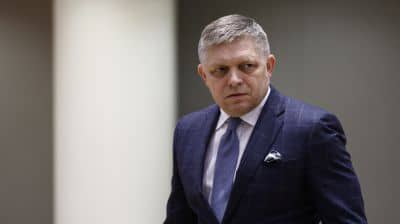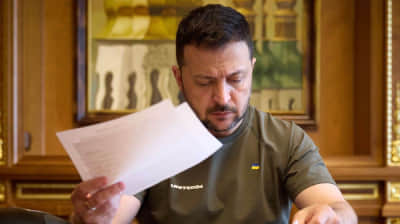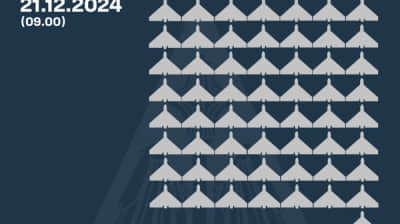ISW assesses whether financial encouragement could affect Russia's mobilisation rates
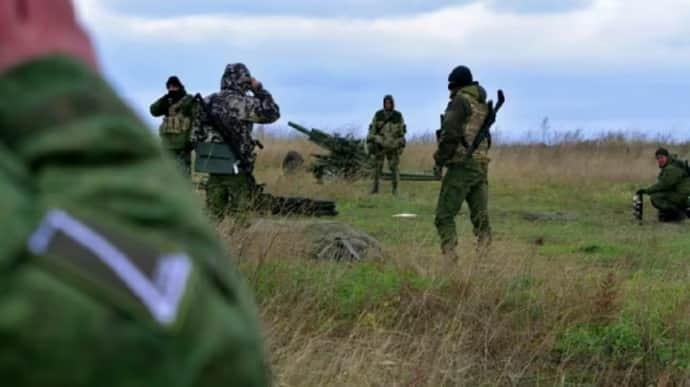
Analysts at the Institute for the Study of War (ISW) point out that the increase in financial incentives by the Russian authorities is unlikely to have a significant impact on overcoming the constraints on mobilisation.
Source: ISW
Details: The Russian government plans to allocate RUB 90 billion (US$948 million) for one-time payments to those signing military contracts with its Ministry of Defence (MoD) from 2025 to 2027. This indicates that the Kremlin intends to continue relying on crypto-mobilisation efforts to meet its manpower needs in the war against Ukraine, as long as this system remains functional.
Currently, the Russian government offers a one-time payment of RUB 400,000 (US$4,200) for signing military contracts, with some regional governments offering over a million roubles, suggesting the Kremlin aims to recruit 225,000 new personnel during this period. However, this target may not hold as recruitment rates have steadily increased since 2022. Recently, Russian authorities have significantly boosted financial incentives, especially one-time payments for military contracts, and the Kremlin's RUB 90 billion allocation may be intended to further increase these payments between 2025 and 2027.
Despite these efforts, there are concerns that current recruitment campaigns are yielding diminishing returns. The substantial rise in financial incentives reflects the inadequacy of existing recruitment measures to maintain the flow of new forces needed to sustain the military’s offensive operations in Ukraine.
ISW estimates that there are medium- and long-term limits to the number of recruits that Russia's ongoing crypto-mobilisation campaign can attract, and that increased financial incentives are unlikely to have a significant impact on overcoming these limits.
The report points out that Russian leader Vladimir Putin remains committed to the current crypto-mobilisation campaign to avoid announcing another widely unpopular partial conscription of reservists, although he retains the option of announcing another call-up, as he did in the autumn of 2022.
Putin and the Russian military leadership are unwilling to reduce the intensity of combat operations in Ukraine, seeing the need to maintain strategic initiative across the battlefield. It remains unclear, however, whether Putin will resort to another round of mobilisation if faced with a crisis similar to or worse than the one in autumn 2022.
To quote the ISW’s Key Takeaways on 5 October:
- The Russian Government plans to allocate 90 billion roubles ($948 million) to one-time payments for concluding a military contract with the Russian Ministry of Defence (MoD) between 2025 and 2027, indicating that the Kremlin plans to continue relying on ongoing crypto-mobilisation efforts to meet the manpower requirements of its war in Ukraine for as long as the crypto-mobilisation system works.
- Ukrainian officials continue to provide statistics regarding Russian war crimes, shedding light on the extent of violations committed by Russian forces and authorities.
- The Russian government appears to have amended its plan to deanonymise Russian social media accounts following significant backlash within the Russian ultranationalist information space.
- A recent Ukrainian missile strike near the occupied city of Donetsk reportedly killed several North Korean military officials.
- Russian forces recently advanced within the main Ukrainian salient in Kursk Oblast, near Toretsk, near Pokrovsk, and southwest of the city of Donetsk.
Support UP or become our patron!
